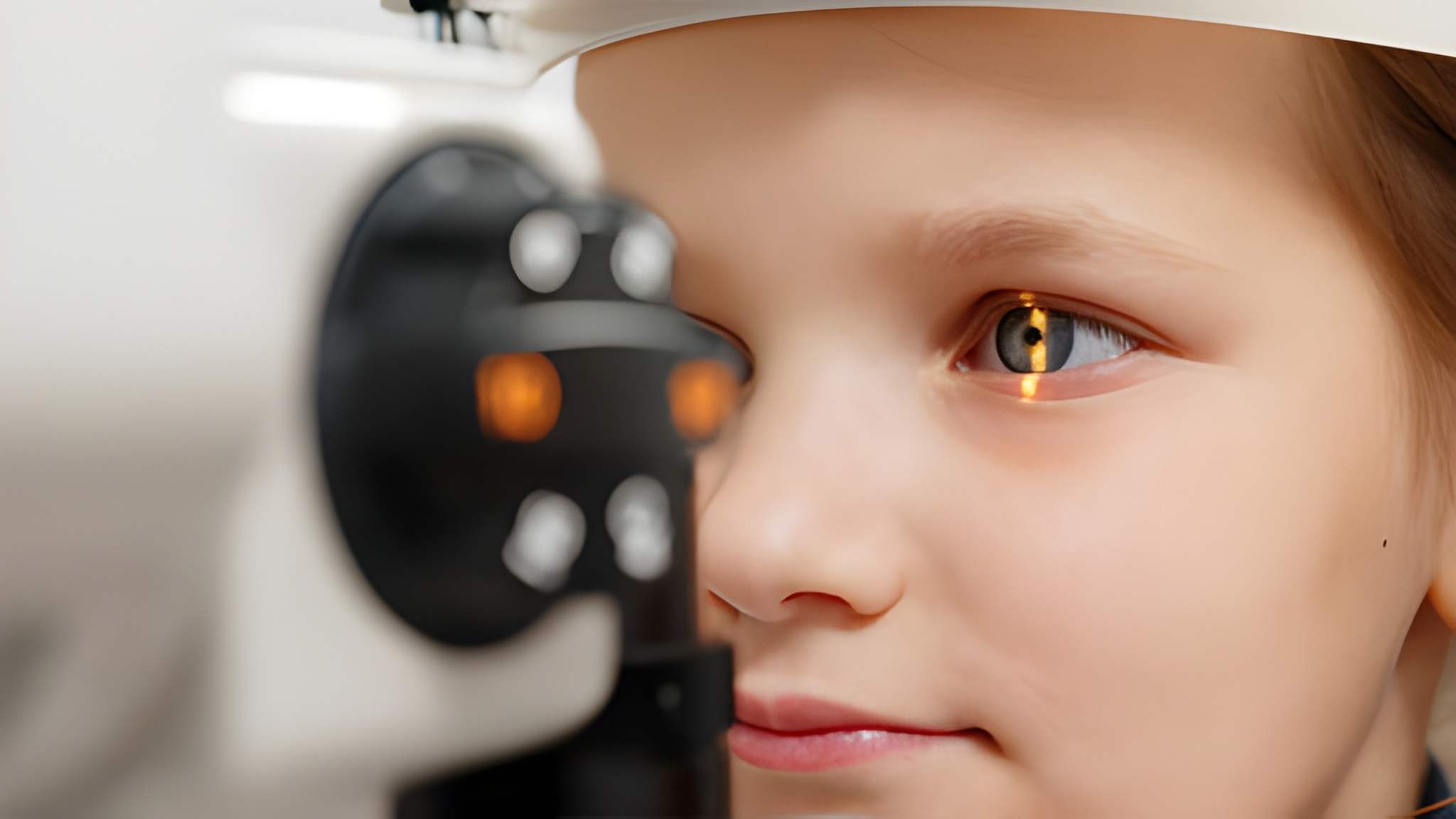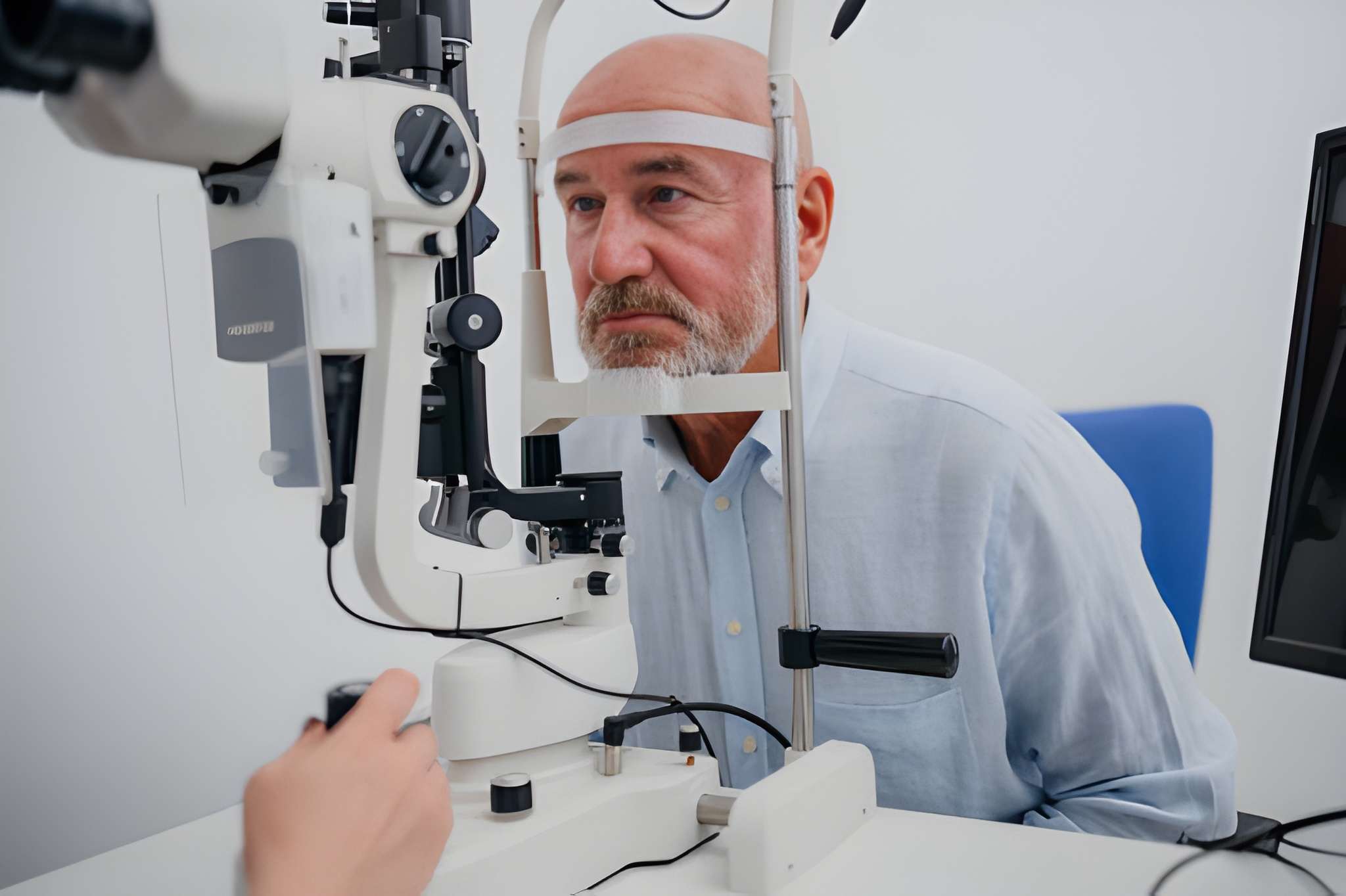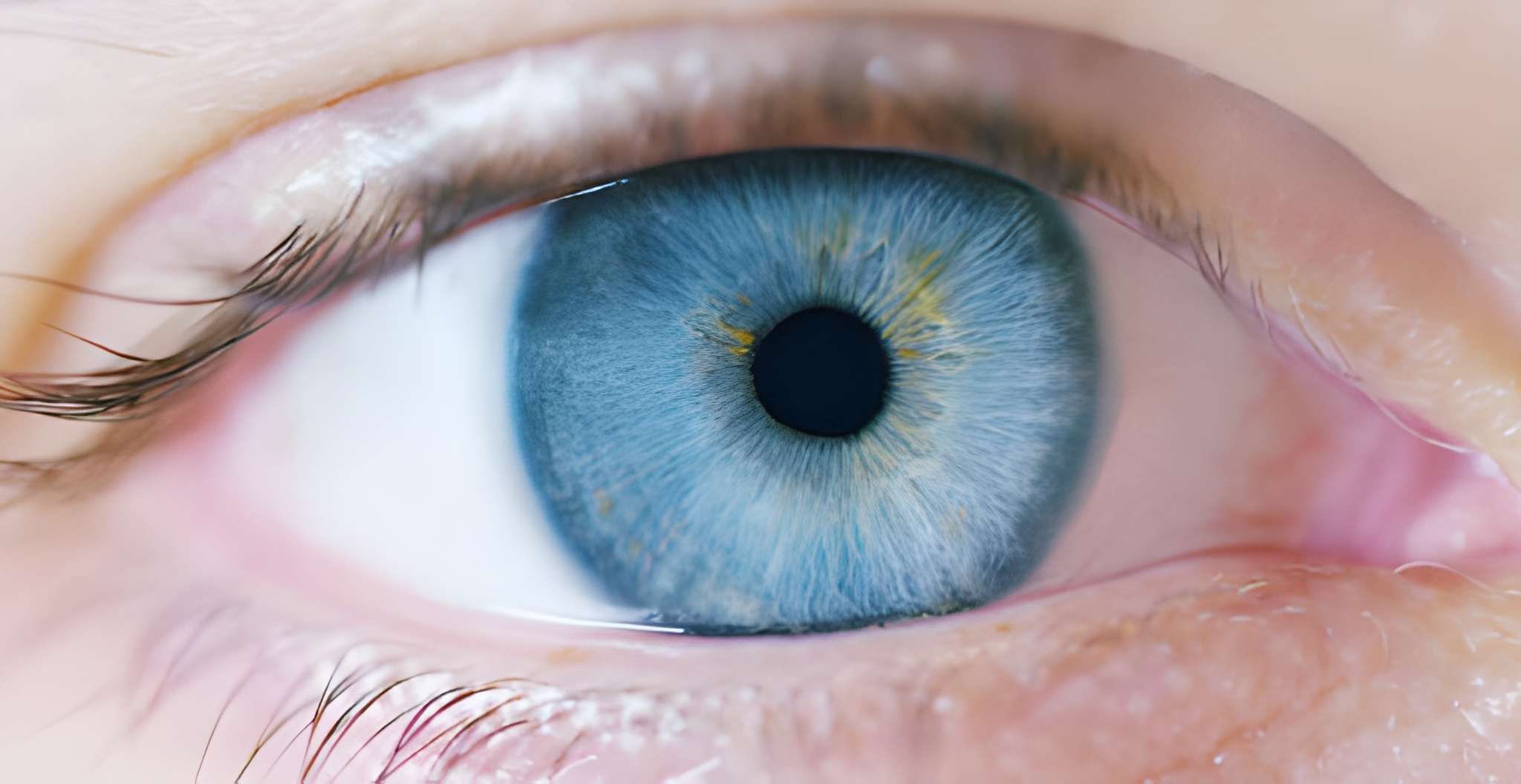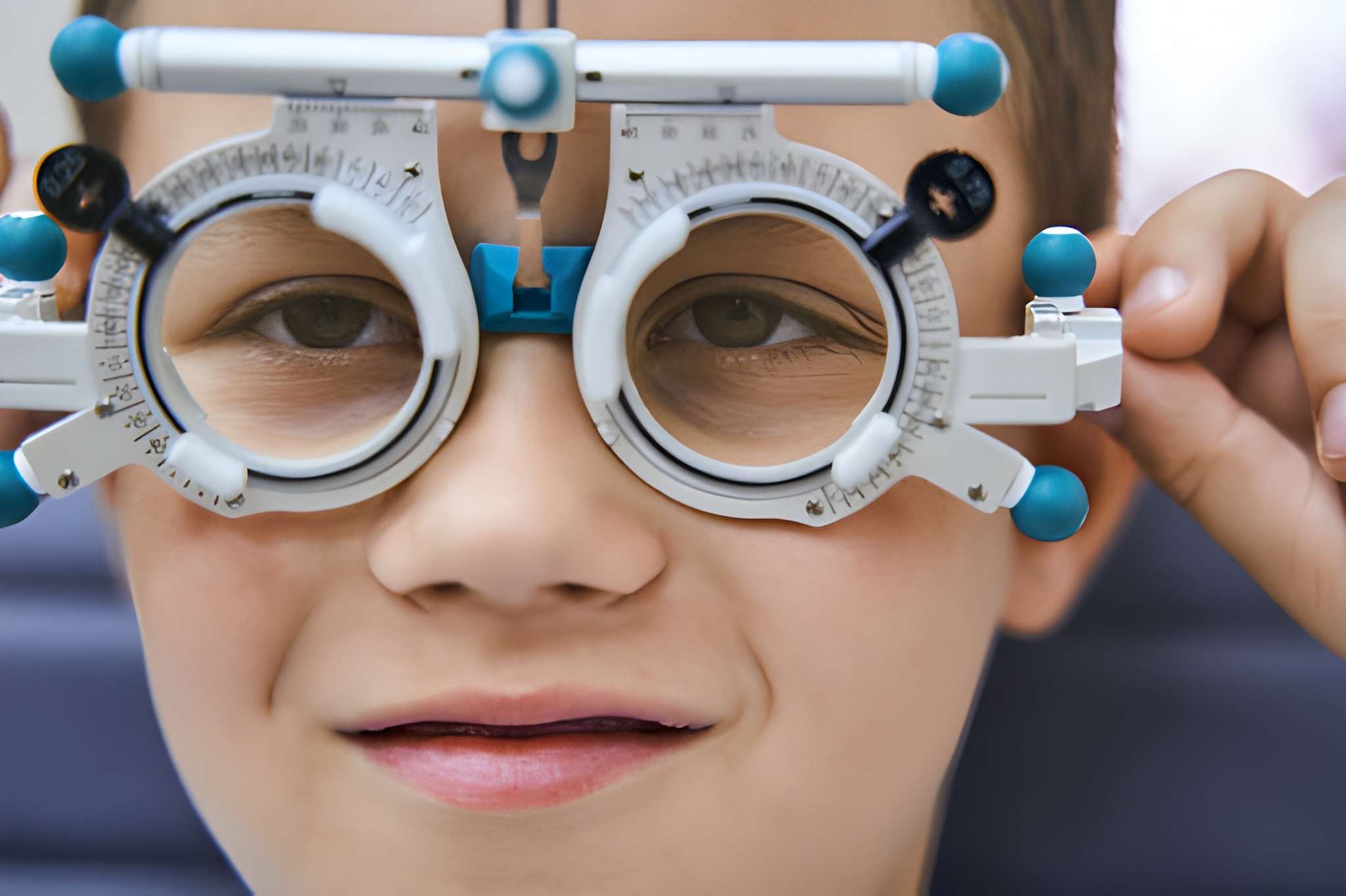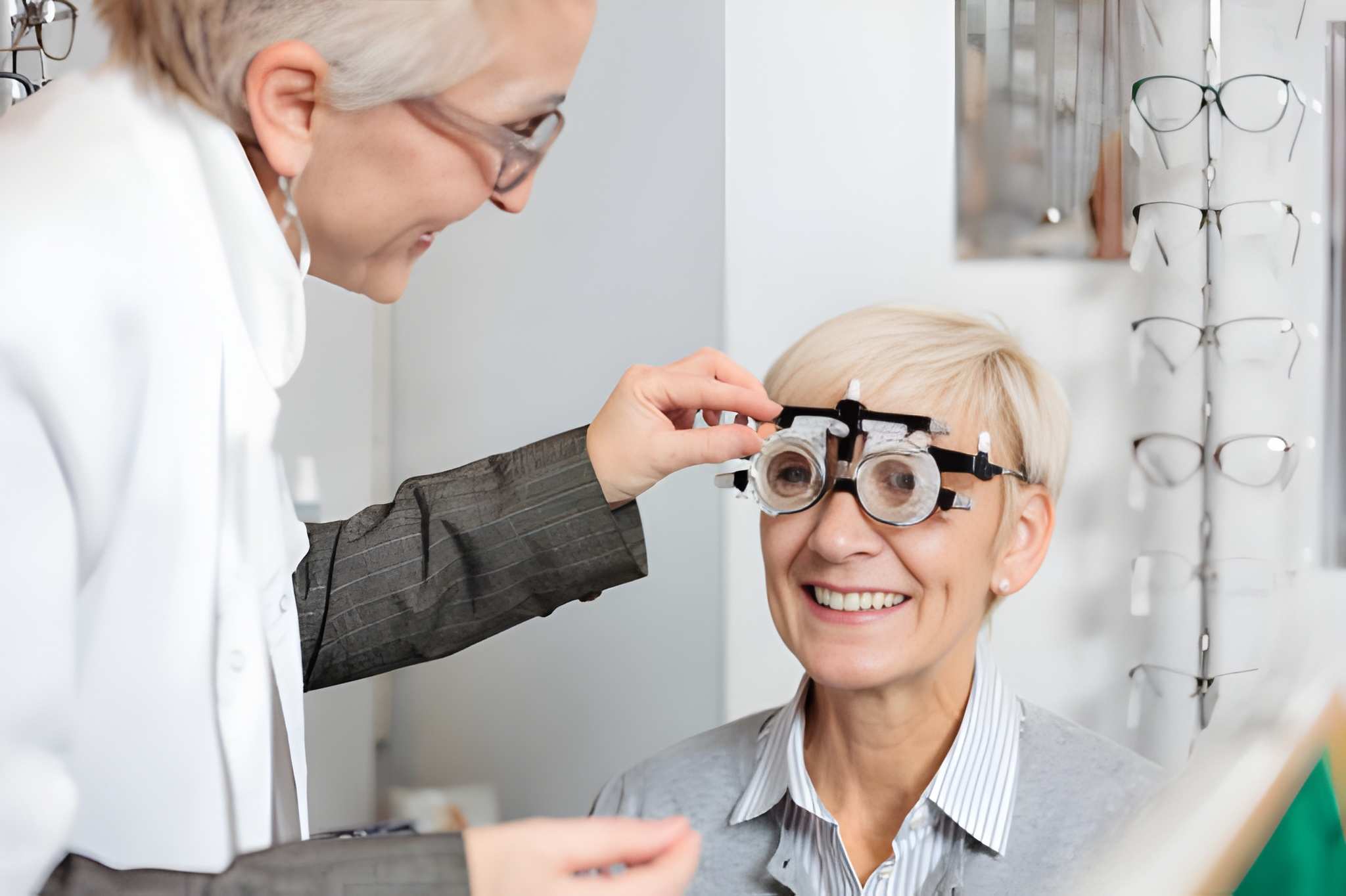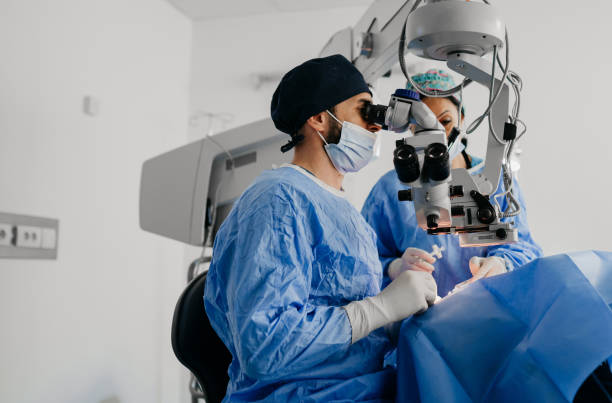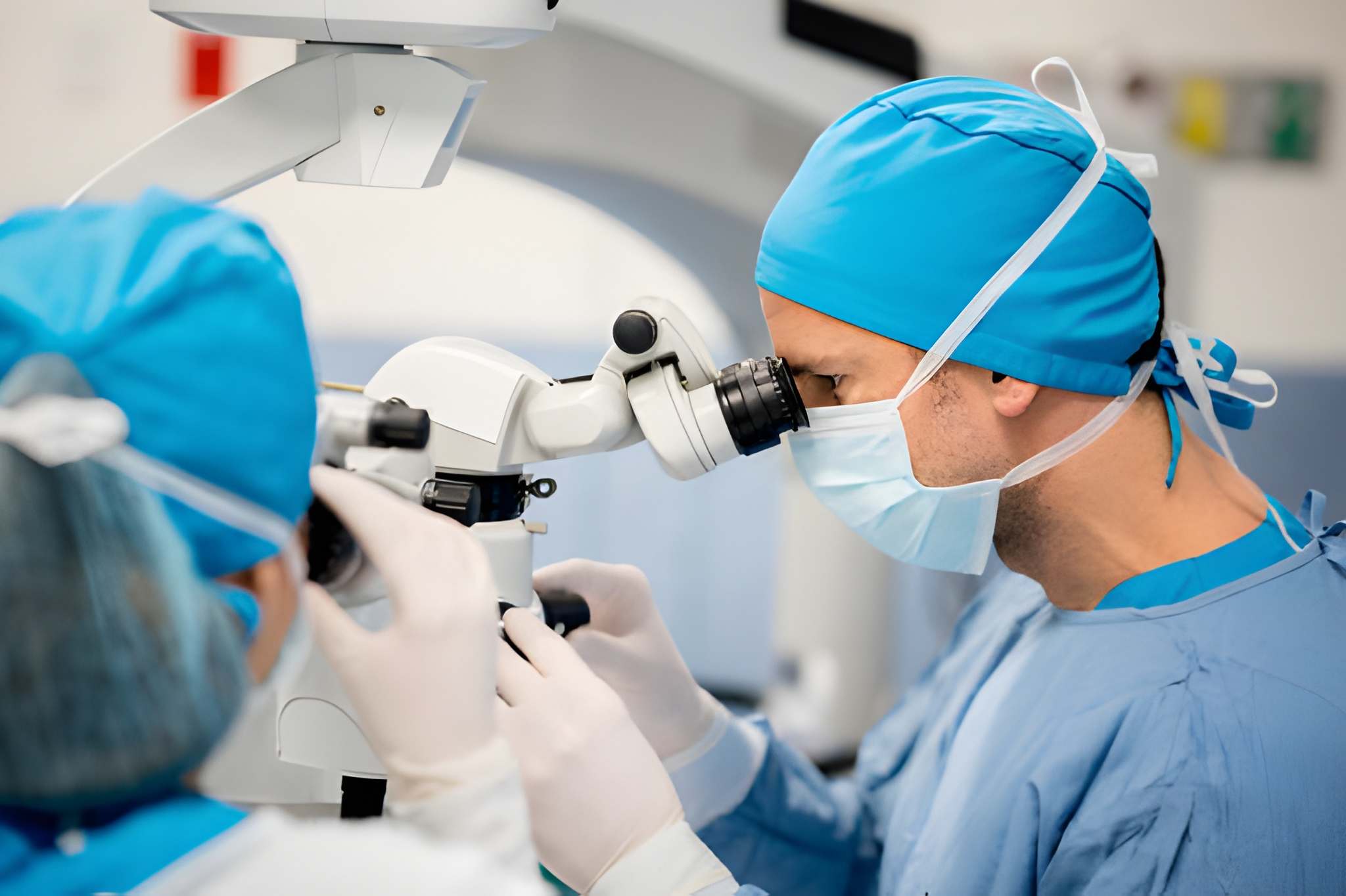Your Guide to Finding a Reliable Eye Doctor in Dubai
Finding the right eye care provider is essential for maintaining healthy vision and ensuring early detection of any potential eye health issues. In a city like Dubai, where top-tier health services are abundant, it’s important to know how to navigate your options and choose a clinic that gives you expert, personalized care.
Why Choose an Eye Specialist in Dubai?
Dubai offers access to state-of-the-art medical facilities and highly qualified specialists. Choosing a local eye doctor allows for easier follow-ups, convenience, and access to the latest in global eye care technology, all within a world-class healthcare infrastructure.
Types of Eye Specialists: Who Does What?
Understanding the roles of different eye care professionals is key:
- Optometrists: Handle vision testing, prescriptions, and basic eye care.
- Ophthalmologists: Medical doctors specialized in diagnosing and treating eye diseases, and performing surgeries.
- Opticians: Prepare, fit, and dispense lenses based on prescriptions provided by an optometrist or ophthalmologist.
Top Signs You’re Visiting the Best Eye Doctor in Dubai
Here are essential indicators that you’re in good hands:
- Clear communication and professional interaction
- Thorough patient intake and history
- Detailed examination using modern technology
- Customized treatment plan based on your unique needs
Factors to Consider When Choosing an Eye Doctor
Expertise and Qualifications
Ensure your eye specialist is properly licensed with strong credentials and has a solid track record in managing various eye conditions.
Range of Services
Look for clinics that offer comprehensive services—from eye exams and prescription glasses to corrective surgeries and disease management—to meet your evolving needs.
Advanced Technology
Clinics using the latest diagnostic and surgical tools tend to provide more accurate assessments and effective treatments. Look for signs of digital imaging, laser machines, and computer-guided procedures.
Patient Reviews and Testimonials
Take time to read genuine feedback from previous patients. Consistently positive reviews are a good sign of reliable and compassionate service.
Location and Accessibility
Convenient location plays a big role, especially for ongoing treatments or follow-ups. Parking availability, public transportation options, and clinic hours are important considerations.
What to Expect at Your First Visit
During your first appointment, expect a patient intake process that records your medical history, followed by a series of vision and eye health assessments. If needed, further tests or treatments will be discussed right away.
Asking the Right Questions During Your Visit
Be proactive by asking:
- What tests will be performed today?
- Do I need glasses or corrective treatments?
- How often should I return for check-ups?
- What lifestyle changes can support my eye health?
Comparing Clinics in Dubai
Don’t settle for the first clinic you find. Compare based on professionalism, pricing transparency, follow-up support, and range of services. Visit a few, take notes and trust your instincts.
Technology’s Role in Modern Eye Care
Technological advancements now allow for faster, safer, and more accurate diagnostics and treatment. Clinics that invest in these technologies often provide better patient outcomes and comfort.
Can Lifestyle Affect Eye Health?
Yes. A diet rich in leafy greens, vitamins A and C, omega-3 fatty acids, and antioxidants can positively impact your vision. Avoid smoking and take regular screen breaks to reduce eye strain.
Cosmetics and Eye Health: What You Need to Know
Cosmetics should always be kept hygienic, especially when used near the eyes. Replace mascara every 3 months, remove makeup before bed, and never share applicators to prevent infections and irritations.
Children’s Eye Health: Warning Signs to Watch For
Watch for frequent squinting, excessive eye rubbing, holding books too close, or poor performance in school. These may indicate a vision problem that needs prompt attention.
When Should You Schedule an Eye Exam?
Don’t wait for symptoms. Adults should have eye exams every 1-2 years, or more often if there’s a history of eye problems, diabetes, or high blood pressure. Children should have their eyes checked annually.
Ready for Better Vision?
Eye health is an investment in your overall well-being. Whether you need a routine check-up or specialized care, choosing the right eye doctor in Dubai can make all the difference.
FAQs
How often should I see an eye specialist if I have no symptoms?
With no present symptoms, adults should schedule an eye exam every one to two years for preventative care.
Are eye exams painful?
No, most eye exams are non-invasive and painless. Some procedures may involve bright lights or puffs of air, but they are generally quick and comfortable.
Can I walk in for an appointment at an eye clinic?
Some clinics accept walk-ins, but it’s best to schedule an appointment to ensure reduced wait time and guaranteed availability.
What should I bring to my eye appointment?
Bring a list of current medications, previous prescriptions, any symptoms you’ve noticed, and your insurance information if applicable.
Is it safe to get eye treatment in Dubai?
Yes, Dubai has a reputation for high-quality healthcare, and eye clinics here are equipped with modern technologies and staffed by qualified professionals.




